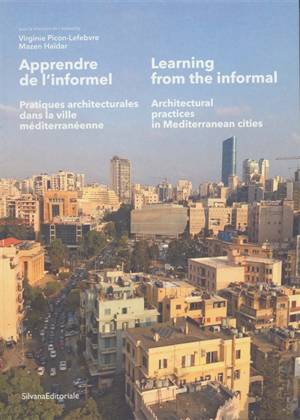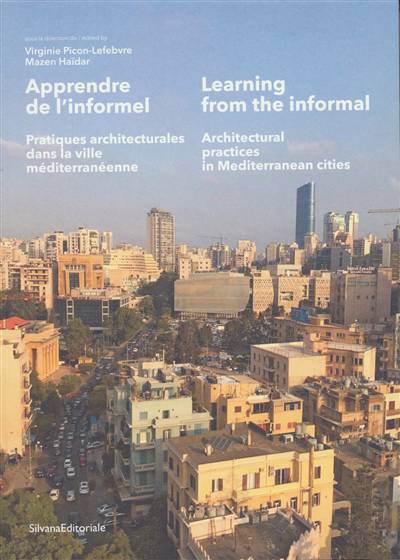
- Afhalen na 1 uur in een winkel met voorraad
- Gratis thuislevering in België vanaf € 30
- Ruim aanbod met 7 miljoen producten
- Afhalen na 1 uur in een winkel met voorraad
- Gratis thuislevering in België vanaf € 30
- Ruim aanbod met 7 miljoen producten
Zoeken
Apprendre de l'informel
pratiques architecturales dans la ville méditerranéenne
Virginie Picon-Lefebvre, Mazen Haïdar
Paperback | Frans, Engels
€ 22,50
+ 45 punten
Omschrijving
This book explores scenarios observed when public spaces and existing buildings undergo transformation, or new constructions are introduced in contemporary Mediterranean cities. It delves into the practices and uses of inhabitants, particularly focusing on the transformation and appropriation of both private and public spaces. Within this broad framework, our aim is to compare the perspectives of researchers and practitioners on two themes:
Does taking the architecture of the informal city into account en
Does taking the architecture of the informal city into account en
Specificaties
Betrokkenen
- Auteur(s):
- Uitgeverij:
Inhoud
- Aantal bladzijden:
- 200
- Taal:
- Frans, Engels
Eigenschappen
- Productcode (EAN):
- 9788836657308
- Verschijningsdatum:
- 13/06/2024
- Uitvoering:
- Paperback
- Afmetingen:
- 170 mm x 240 mm
- Gewicht:
- 680 g

Alleen bij Standaard Boekhandel
+ 45 punten op je klantenkaart van Standaard Boekhandel
Beoordelingen
We publiceren alleen reviews die voldoen aan de voorwaarden voor reviews. Bekijk onze voorwaarden voor reviews.







